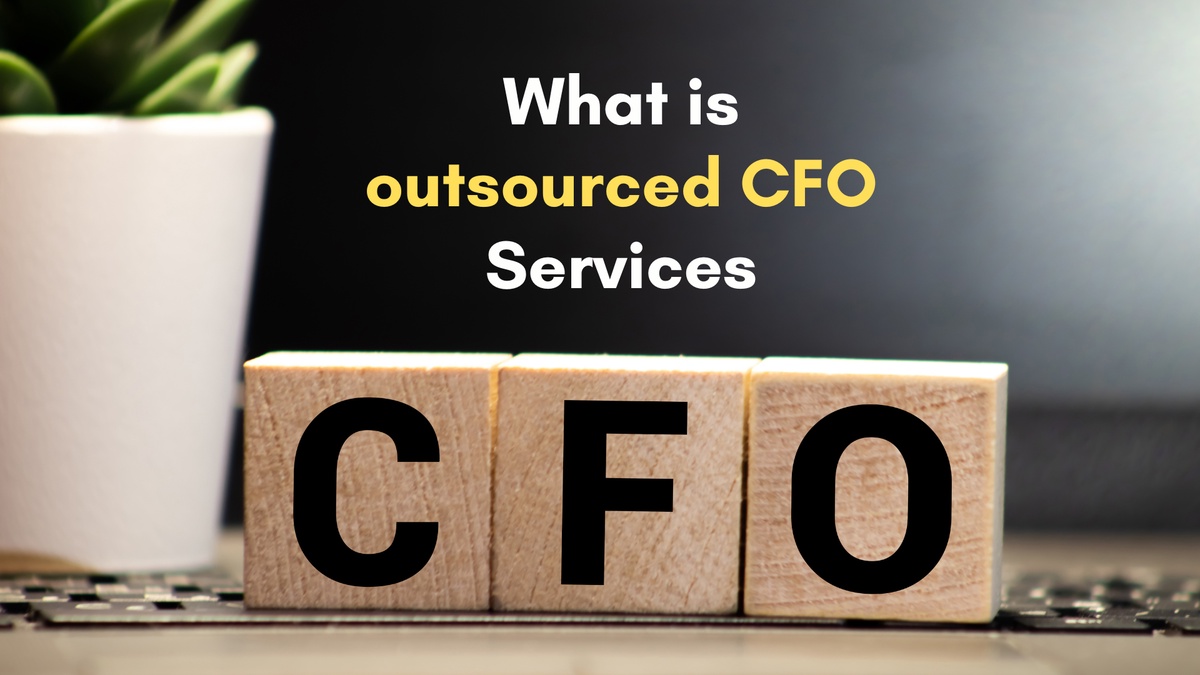Outsourced CFO services involve hiring an experienced financial professional or firm to provide financial management, analysis, reporting, and strategic guidance for a business. An outsourced CFO, also known as a fractional CFO, can work part-time and remotely, offering expertise at a fraction of the cost of a full-time CFO.
These services provide various benefits such as ongoing financial planning, analysis, assessment of financial strengths and weaknesses, assistance with raising capital, evaluation of financial data systems, and more. Outsourcing CFO functions can be beneficial for businesses at different stages, from startups to established firms, allowing access to top-tier financial expertise without the commitment of a full-time resource.
Outsourced CFOs can assist with tasks like financial forecasting, budgeting, cash flow management, tax planning, compliance, and strategic decision-making. They can also handle special projects such as raising capital, mergers and acquisitions, accounting system overhauls, and more.
Businesses benefit from outsourced CFO services by gaining access to expert financial guidance, saving money compared to hiring an internal employee, saving time on administrative tasks, ensuring compliance with regulations, and receiving strategic insights to help grow the business effectively.
What are the benefits of outsourcing CFO Services?
Outsourced Chief Financial Officer (CFO) services offer numerous benefits to businesses seeking expert financial guidance without the cost of hiring a full-time CFO. Some key advantages include:
- Financial Savings: Compared to hiring a full-time CFO, outsourcing saves money on salaries, benefits, and overhead costs associated with maintaining an in-house staff member.
- Flexibility: Outsourced CFOs can adapt to changing business needs, scaling their services according to demand.
- Access to Expertise: Outsourced CFOs bring extensive financial knowledge and experience, enabling businesses to leverage specialized skill sets without investing in long-term employment.
- Objective Viewpoint: Outsourced CFOs provide an independent perspective, free from internal politics and biases, which can lead to improved decision-making and increased objectivity.
- Time Management: By delegating financial responsibilities to an outsourced CFO, business leaders can focus on core competencies and strategic priorities rather than being bogged down by administrative duties.
- Increased Efficiency: Outsourced CFOs help businesses run more smoothly by identifying bottlenecks, improving processes, and implementing best practices.
- Prevention of Fraud: Having an outsourced CFO reduces the likelihood of fraudulent activity within the organization since there are multiple individuals involved in financial oversight.
- Help with Large Projects: Outsourced CFOs can contribute to large projects by bringing their expertise to bear and guiding project teams towards successful outcomes.
- Restructuring and Crisis Control: Outsourced CFOs have broad knowledge across industries and markets, which enables them to anticipate risks and implement corrective measures during challenging times.
- Compliance Assistance: Outsourced CFOs ensure that businesses remain compliant with regulatory requirements, reducing the risk of non-compliance penalties.
Overall, outsourced CFO services provide businesses with a cost-effective alternative to traditional in-house CFO positions, delivering expert financial guidance and support tailored to specific organizational needs.
How to choose the right outsourced CFO for your business
To choose the right outsourced CFO for your business, consider the following steps
- Assess Your Needs: Determine the specific financial services you require help with, such as financial forecasting, budgeting, or strategic planning.
- Look for Industry Experience: Seek professionals with experience in financial roles that align with your business size, industry, and growth stage. Industry-specific knowledge can significantly impact the CFO's ability to provide relevant insights and guidance.
- Check Technical Proficiency: Ensure the CFO is well-versed in the latest financial technologies and software, including financial modeling, forecasting, and data analysis tools.
- Ask for References: Request references from previous or current clients to gain insights into the CFO's strengths, areas for improvement, and overall performance.
- Evaluate Communication Skills: Effective communication is crucial in financial management. Ensure the CFO can convey complex financial insights clearly for informed decision-making throughout the organization.
- Consider Cultural Fit: Collaborate closely with your internal teams; hence, ensure their values and working style align with your company's culture for effective communication and collaboration.
- Assess Cost-Effectiveness: While cost is a factor, do not compromise on quality. Evaluate candidates based on their expertise, experience, and ability to meet your business needs effectively.
By defining your needs, assessing expertise, evaluating technical proficiency, ensuring cultural alignment, and considering cost-effectiveness, you can find an outsourced CFO who not only manages your finances but also contributes strategically to your business's success.

No comments yet